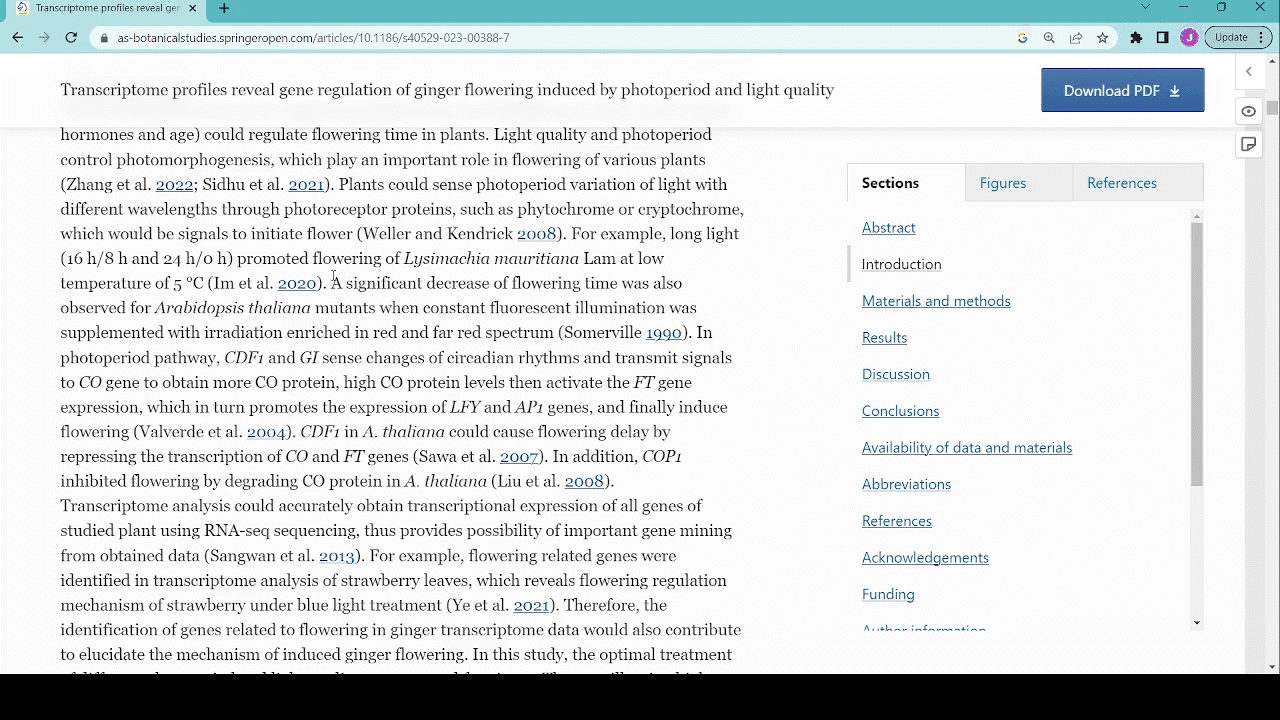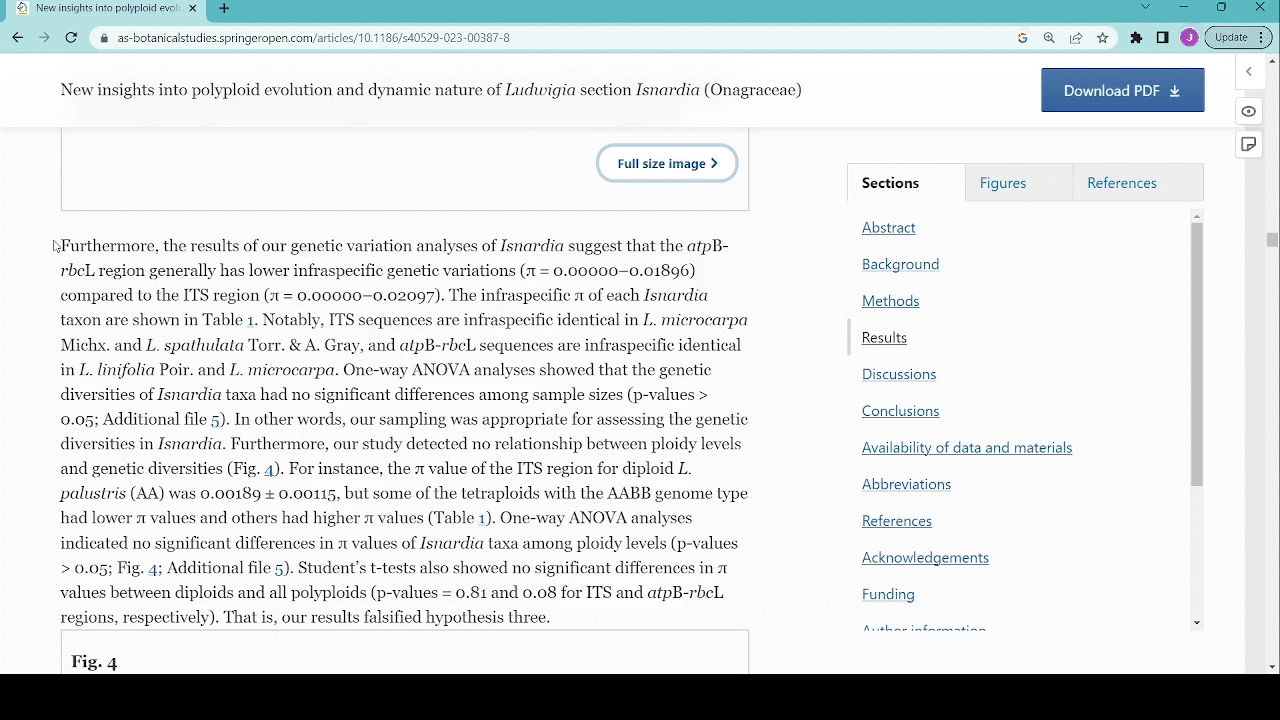Social Annotation and Research: The Importance of Online Collaboration
Social annotation is the vital catalyst that ignites the flames of collaboration, knowledge-sharing, and critical thinking, propelling research forward to new heights of discovery and innovation.
What is social annotation? Social annotation is the process of adding comments, notes, and highlights to a shared document or text, letting users seamlessly annotate and discuss web content anywhere online. It has become an increasingly popular tool in research, providing a range of benefits for researchers.
Let’s explore what makes social annotation so important in the research vertical.
A means for collaboration
The versatility of social annotation becomes clear when examining its application in research settings. In both public and private domains, it offers researchers a potent tool for seamless collaboration. Social annotation tools provide a platform for researchers to unite their minds in a cooperative endeavor, examining and commenting on specific parts of texts or documents together. This capability, whether applied in a broad public sphere or within an intimate private circle, stimulates a fertile collaborative environment. This exchange of ideas and focused discussions can often be the catalyst for fresh perspectives and innovative breakthroughs.

Sharing knowledge and ideas
Social annotation enables researchers to share their expertise, background knowledge, and perspectives with each other, helping to create a collective intelligence that can improve the overall understanding of a topic or research question. Social annotation also assists researchers with discovering new information, as they can learn from each other’s annotations and build on their own knowledge.
Increasing engagement and comprehension
Social annotation fosters active reading and critical thinking by transforming the usually solitary act of reading into an interactive and communal process. It allows researchers to ask questions, provide feedback, and debate ideas in real-time. This increased engagement can lead to a deeper understanding of material and better retention of information.

Peer review efficiently
Social annotation can make the peer review process more efficient and transparent. Instead of using traditional feedback methods, such as email or track changes, reviewers can leave comments directly on a manuscript, making addressing concerns and revising work even easier for authors.
Tracking progress and accountability
Social annotation tools can assist with tracking the progress of a research project, identifying gaps in knowledge, and highlighting areas that need further exploration. This can make the research process more accountable and targeted, and researchers can keep track of the evolution of a research project, as well as the contributions made by individual team members.

Democratization of knowledge
Finally, social annotation can help to democratize knowledge. It can lower barriers to entry and make research more accessible to a wider audience, enabling people from different disciplines and backgrounds to contribute their insights and knowledge. This facilitates interdisciplinary collaboration and creates a more comprehensive understanding of a topic.
Social annotation is a powerful tool for researchers, providing a range of benefits including collaboration, knowledge sharing, and the democratization of knowledge. As such, it is a valuable addition to the research toolkit and should be considered by researchers looking to enhance their research output.
Interested in furthering the conversation about social annotation for research? Reach out to info@hypothes.is to learn more.